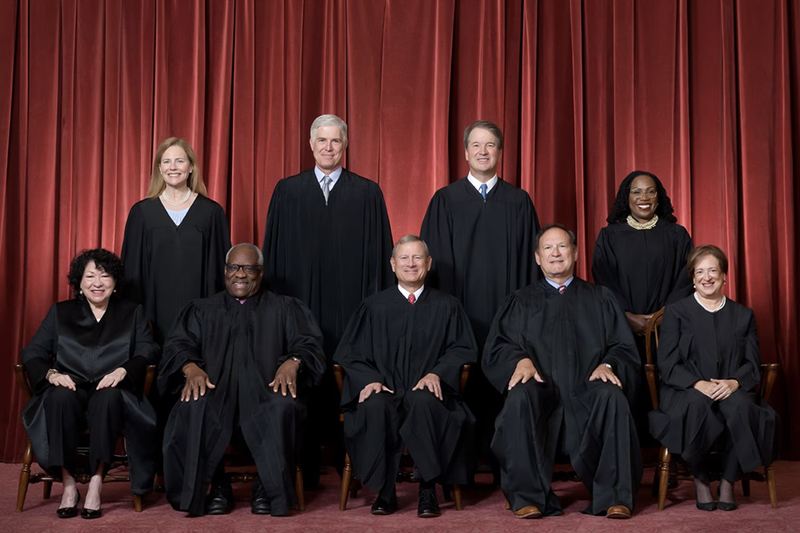Phantom Makes Fixes to Filters
Company adjusts its software algorithm for Web filters after blocking LGBT sites on Montgomery County computers
Score one for freedom of information. Score another for correcting a mistake, albeit unintentional.
The company that produces the software used for website filtering that was responsible for blocking a number of LGBT-related websites on Montgomery County government computers has announced an update to its software so such sites will not be blocked.
Phantom Technologies Inc., which produces the ”iBoss” software used by Montgomery County to block adult content, announced Nov. 16 it had, for the second time, adjusted the algorithm for the program that blocks content so it would not wrongly categorize nonsexual LGBT-related sites as ”adult” or containing ”pornographic” content.
The controversy, as reported by Metro Weekly last month, began after Jedediah Millard, an employee of Montgomery County Councilmember Nancy Floreen (D-At Large), complained to superiors that he was unable to access a variety of LGBT-related sites for various organizations or news outlets in the course of searching the Internet for news about a Montgomery county resolution regarding marriage equality.
When Millard tried to visit such sites, the iBoss browser blocked the sites, instead returning a notice that read, ”Website contains prohibited Pornography/Nudity content.”
Millard said he notified a technician from the Montgomery County’s Office of Technology Services, who fixed some of the problems regarding wrongly flagged sites, but some still remained.
The Maryland chapter of the American Civil Liberties Union (ACLU) and the national ACLU then wrote a letter to Phantom Technologies about the blocked websites. Since February, the ACLU has carried out the ”Don’t Filter Me!” campaign, which fights to amend software filters on school computers that block LGBT-related websites while allowing students access to anti-gay organizations’ websites. The ACLU says that such ”viewpoint discrimination” violates students’ rights under the First Amendment of the U.S. Constitution.
Montgomery County officials also took steps, correcting the remaining erroneous censors and ”de-flagged” the LGBT-related sites. According to the ACLU, iBoss also took steps to update its software to allow non-adult LGBT websites.
However, the ACLU said it contacted iBoss a second time, after those adjustments had been made, because of other LGBT-related websites that were still being blocked by the software. In response, Phantom Technologies announced additional software tweaks Nov. 16, which should ensure the software does not aggressively filter LGBT websites.
According to the Phantom release, the company ”took the extra step of adding a reporting mechanism on its website so customers can submit misclassified LGBT sites directly for instant re-categorization across its entire end user base.”
”Out of the box, iBoss Web Filter products do not block LGBT content and do not have any kind of LGBT filtering category,” Peter Marin, a spokesman for Phantom Technologies, said in a statement. ”Our filters classify sites based on their content focus, so if a site is a dating site, regardless of who is dating, it’s just dating. We are completely neutral in that regard and strive to ensure our products operate in line with the ACLU’s Don’t Filter Me campaign.”
Phantom Technologies did not immediately respond to a request for further clarification.
In the ACLU’s press release, Deborah Jeon, legal director for the ACLU of Maryland, praised iBoss for ”moving quickly to bring its software into line with Montgomery County government’s values of non-discrimination and free speech.”
”It is vital for web filtering companies to take this problem seriously, especially when working with government agencies and schools that are covered by state or local nondiscrimination laws that prohibit discrimination on the basis of sexual orientation and gender identity,” Jeon said in the statement.
Jeon later told Metro Weekly that although the ACLU has often run into the problem of viewpoint-discrimination filtering on school computers, this was the first instance where she had heard of a county government blocking access to LGBT-related sites.
”Other counties may have filtered them as well, but so far this is the only one that’s been called to our attention,” she said.
Support Metro Weekly’s Journalism
These are challenging times for news organizations. And yet it’s crucial we stay active and provide vital resources and information to both our local readers and the world. So won’t you please take a moment and consider supporting Metro Weekly with a membership? For as little as $5 a month, you can help ensure Metro Weekly magazine and MetroWeekly.com remain free, viable resources as we provide the best, most diverse, culturally-resonant LGBTQ coverage in both the D.C. region and around the world. Memberships come with exclusive perks and discounts, your own personal digital delivery of each week’s magazine (and an archive), access to our Member's Lounge when it launches this fall, and exclusive members-only items like Metro Weekly Membership Mugs and Tote Bags! Check out all our membership levels here and please join us today!

























